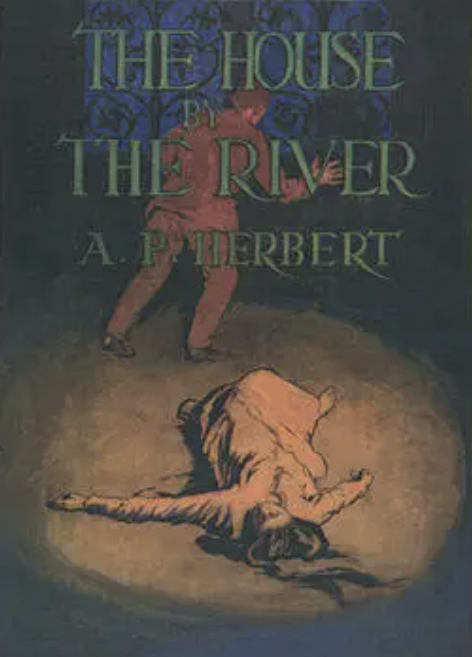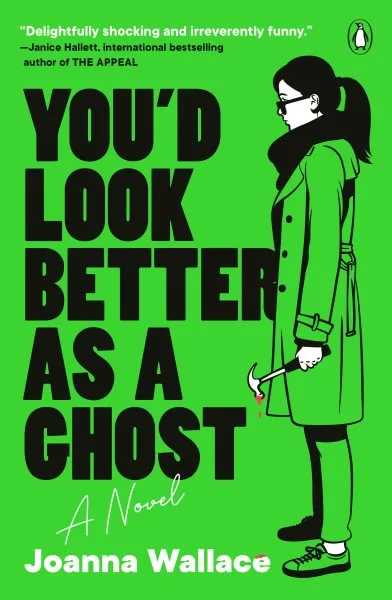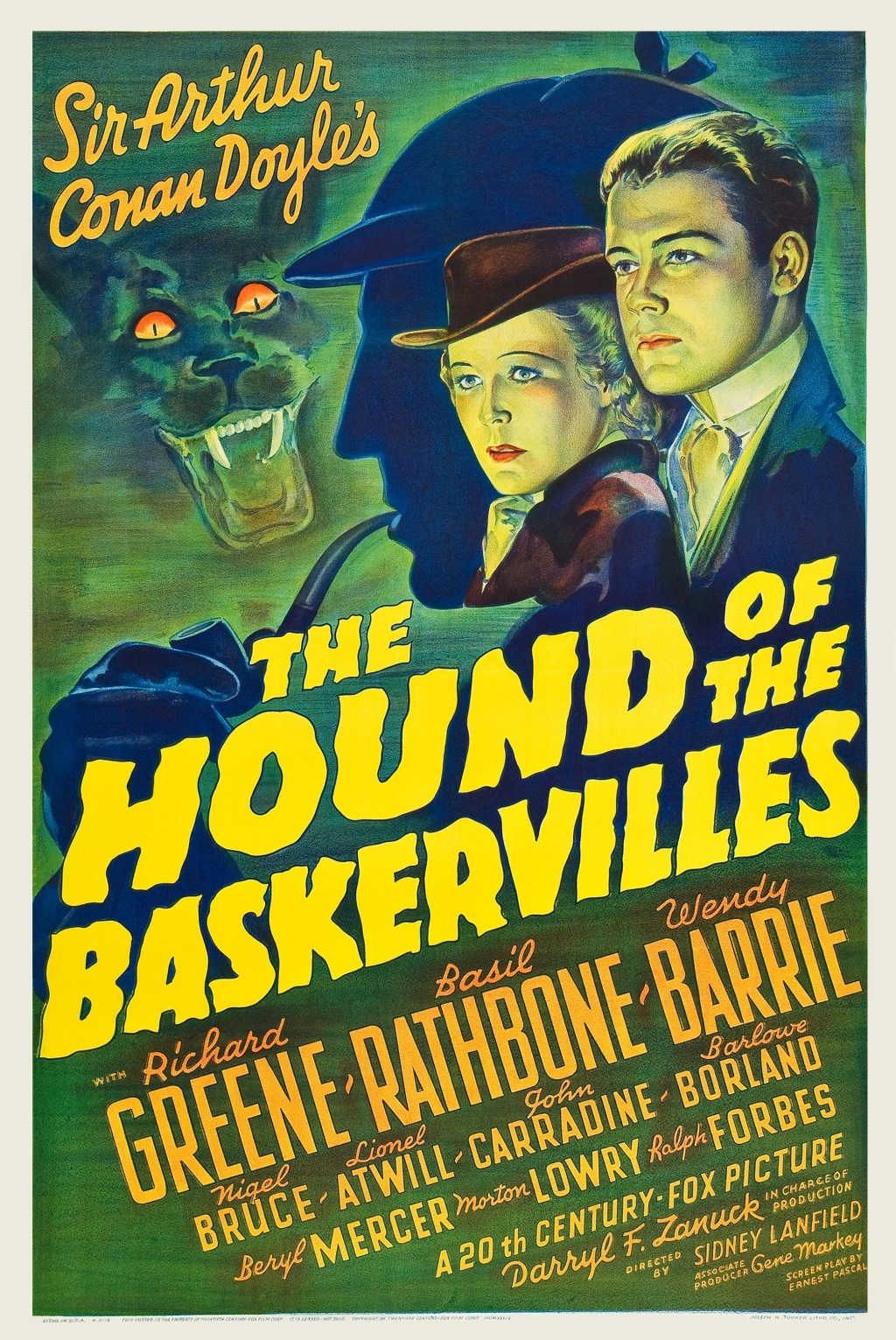
Originally published in 1961 as Le Monte-Change
English translation first published in 2016
Trouble is the last thing Albert needs. Traveling back to his childhood home on Christmas Eve to mourn his mother’s death, he finds the loneliness and nostalgia of his Parisian quartier unbearable. Until, that evening, he encounters a beautiful, seemingly innocent woman at a brasserie, and his spirits are lifted.
Still, something about the woman disturbs him. Where is the father of her child? And what are those two red stains on her sleeve? When she invites him back to her apartment, Albert thinks he’s in luck. But a monstrous scene awaits them, and he finds himself lured into the darkness against his better judgment.
Unravelling like a paranoid nightmare, Bird in a Cage melds existentialist drama with thrilling noir to tell the story of a man trapped in a prison of his own making.
Long-term followers of this blog will know that I have become something of a Dard fan over the years. Though incredibly prolific, only a small handful of his works have been translated into English so far and so, with no sign of any new translations in the offing, I have been carefully rationing the remaining titles. That meant that I came to this just as the next Dard on my bookshelf without bothering to read the book’s blurb. In a happy accident I had picked out a book set almost entirely on Christmas Eve and the early hours of Christmas morning without even realizing it. A piece of fortunate timing!
That setting is anything but background as the fact that this takes place during the festive period is important to both the plot and the themes of the novel. Dard’s protagonist, Albert, has returned to the home he shared with his mother. He is mourning her death which occurred while he was away and struggles with the emptiness of the house, deciding instead to walk the streets of Paris where he picks up the titular Christmas tree ornament and then tries to distract himself with dinner at a restaurant.
During his meal he is struck by the appearance of a woman sat at a nearby table with her young daughter. She looks just like his lost love, though he knows it cannot be her as she is dead. Instinctively he starts to follow her before contriving a meeting at a movie theater, getting involved in her own Christmas plans.
I will choose to stop my recap at this early point in the story to protect you from spoilers. It’s hard to go into any detail about the setup, in particular its criminous elements, without heavily spoiling the experience. While Dard is more about mood and tone than plot (for reasons I’ll hopefully be able to explain in a moment), I think this is one of those books best experienced with as little foreknowledge as possible. You will almost certainly be ahead of Albert as he lives through that one crazy night, particularly if you read carefully, but there are a few surprises that are worth preserving.
Instead let’s focus on the character of Albert. He is one of those tricky characters who is often sympathetic without being particularly likeable. I suspect many readers would be able to relate to his feeling of loneliness and isolation at a first holiday spent without a parent and Dard’s description of the discomfort of a familiar setting is very effective. Similarly I think the idea that a lost love could haunt you, particularly when you are already in a melancholy mood, is understandable. Yet while we may empathize with his state of mind at the start of this story, readers may soon find his behavior to be generally unsettling and intense.
Dard tells the story through Albert’s voice as so when he follows the woman and her daughter through the streets of Paris and contrives that meeting, the reader may well feel complicit in an act of stalking. This is very effective, particularly as we witness his observations first-hand, but it also made me rather uncomfortable, particularly as I worried where this story was headed (and where the act of criminality might be found).
The character of the woman is seen primarily through Albert’s eyes and experiences, casting her primarily as an object of fascination and desire. While I think we get to know Albert well over the course of the book, she remains somewhat harder to know. I think that this fits the style of story that Dard is telling here which is based in part on the idea that she is a stranger to Albert but it may frustrate some readers who will no doubt want to understand her, and her choices, better as the story unfolds.
The book’s blurb describes what follows as a ‘paranoid nightmare’ which fits the book well. Once these characters meet and begin to converse the story accelerates, building a genuinely mysterious and interesting situation for Albert to try to work through. My expectation coming to the book was that it would be a thriller and there certainly are some of those elements, albeit rendered with a decidedly noir style, so I was pleasantly surprised to find that there is a proper puzzle lying below the surface. The question is an interesting one, even if the protagonist never quite asks it directly themselves and the nature of that question isn’t clear until close to the end. Happily though the solution is quite ingenious and clued pretty well.
However as good as that puzzle is, it should be stressed that Dard doesn’t place the focus on it but rather on the experiences of the person caught up in the situation. This is what I was meaning earlier when I said that Dard’s work isn’t primarily about the plot, even when his stories are as cleverly constructed as this one (and, it should be said, many of them aren’t).
Like much noir fiction, Dard makes use of a considerable amount of foreshadowing, often dropping pretty sizeable hints as to the secrets that his characters might have. That is not accidental or poor writing on the part of the author but rather a deliberate choice to build tension and anticipation about where the story might be headed. Tonally we may suspect that Albert is doomed from the start of the story, the question is how will we get there.
Those who read crime fiction for mood, tone, and the development of themes will likely find Dard’s writing here effective. Not only is there a really strong sense of place and time, but the book is told in a sort of unworldly, early morning haze as characters get caught up in the moment and find themselves in trouble. For those who long to be surprised by a book however it can be a little deflating as the reader is likely to be ahead of the characters throughout most of the book (with the possible exception of the bigger explanation here). After all, if you can’t anticipate at least one of the two or three big secrets here then you likely weren’t reading very carefully.
In terms of the Dard works I have read to date, I think that this was ultimately one of the most satisfying although I will caveat that by noting that I found other stories easier to engage with initially because of my discomfort with Albert as a protagonist. I might not suggest this as a first Dard – I think Crush is a more accessible starting point – but I do think it’s a superbly crafted book.
The Verdict: A really satisfying read though I think there are better books to pick if you are starting out with the author because of the rather unsettling behavior of the protagonist.
Interested in purchasing this book to read it yourself? The English translation was published a few years ago so if you are looking for a physical copy, you will likely have to order a copy through your local bookstore. If you do, the ISBN number is 9781782271994.




Leave a comment